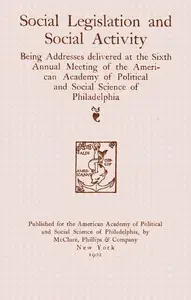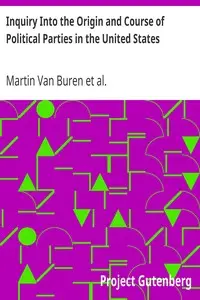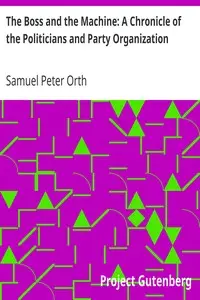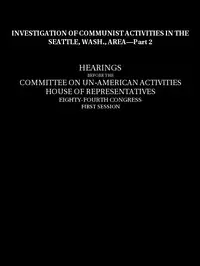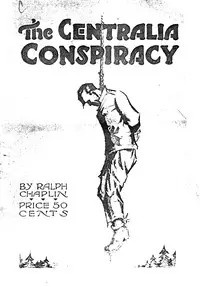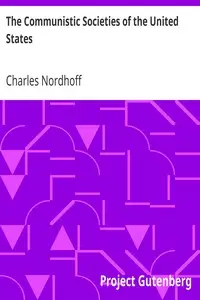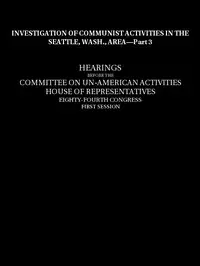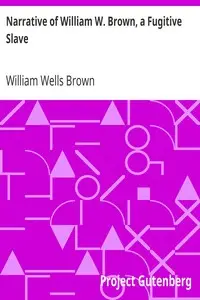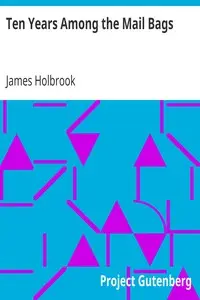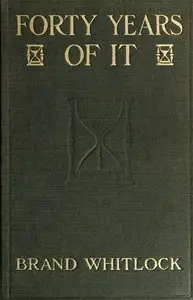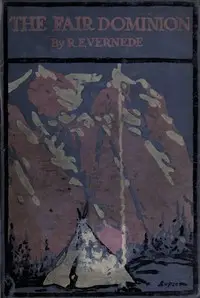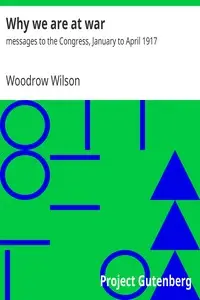"Investigation of Communist Activities in Seattle, Wash., Area--Part 1" by the United States Congress House Committee on Un-American Activities, chronicles a series of congressional hearings focused on uncovering Communist influence in Seattle during the mid-20th century. The narrative unfolds through the testimonies of individuals like Eugene Victor Dennett, whose intimate knowledge of the Communist Party in the Pacific Northwest provides a revealing look into the party's inner workings. From the outset, the hearings establish a formal process to examine the committee's organization and objectives, as Dennett's testimony exposes details about his involvement, from his early membership to his role in recruitment. The story illuminates the underlying social, economic, and political dynamics that fueled the Communist movement, especially during the Great Depression and the labor movements that followed.
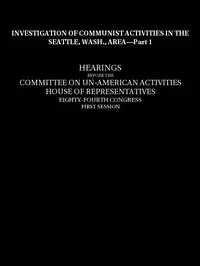
Investigation of Communist Activities in Seattle, Wash., Area, Hearings, Part 1
By United States. Congress. House. Committee on Un-American Activities
In the mid-20th century, congressional hearings expose the Communist Party's reach in Seattle, revealing stories of recruitment and ideology during times of upheaval.
Summary
About the AuthorThe House Committee on Un-American Activities (HCUA), popularly the House Un-American Activities Committee (HUAC), was an investigative committee of the United States House of Representatives, created in 1938 to investigate alleged disloyalty and subversive activities on the part of private citizens, public employees, and those organizations suspected of having fascist and communist ties. It became a standing (permanent) committee in 1946, and from 1969 onwards it was known as the House Committee on Internal Security. When the House abolished the committee in 1975, its functions were transferred to the House Judiciary Committee.
The House Committee on Un-American Activities (HCUA), popularly the House Un-American Activities Committee (HUAC), was an investigative committee of the United States House of Representatives, created in 1938 to investigate alleged disloyalty and subversive activities on the part of private citizens, public employees, and those organizations suspected of having fascist and communist ties. It became a standing (permanent) committee in 1946, and from 1969 onwards it was known as the House Committee on Internal Security. When the House abolished the committee in 1975, its functions were transferred to the House Judiciary Committee.

